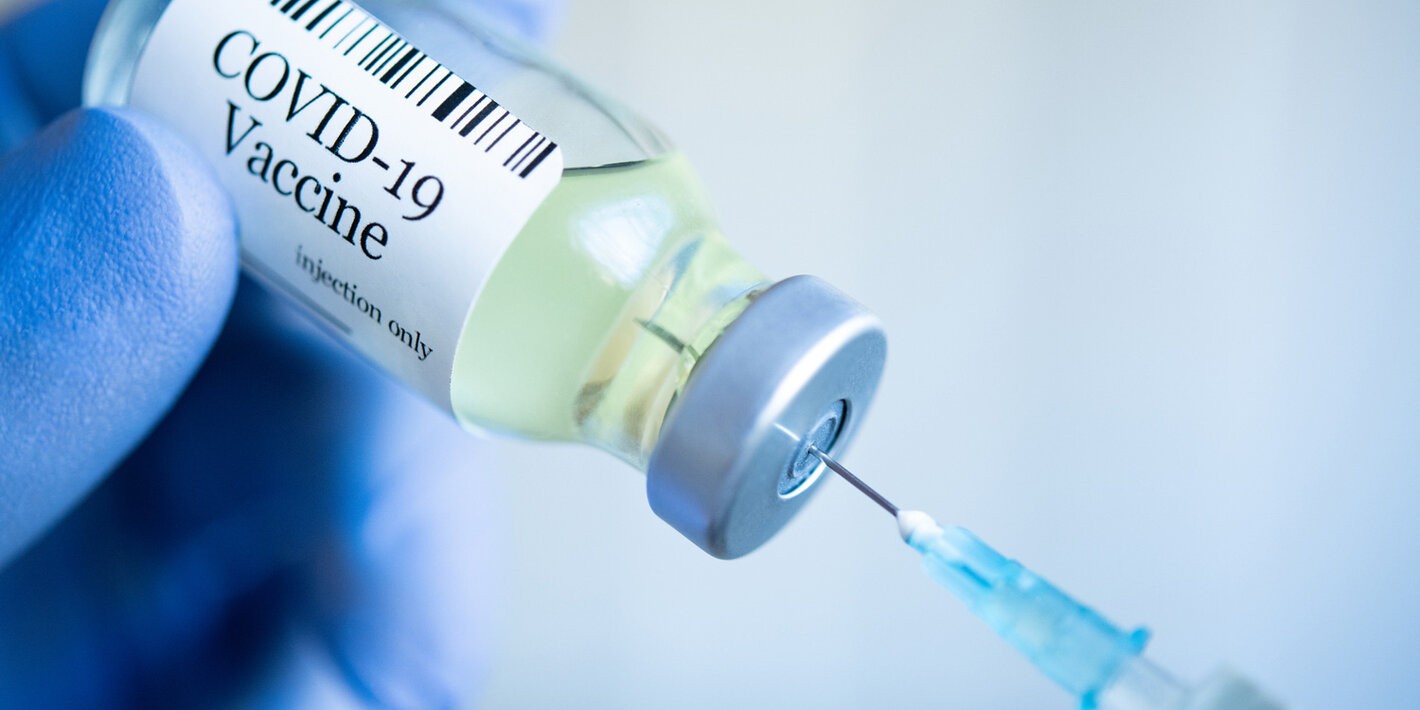

Adding to the advancements seen in the G20 Global Health Summit and the Gavi COVAX AMC Summit, according to the UN, in an agreement at the G7 Summit, the global leaders pledged to share at least 870 million doses of COVID-19 vaccines, striving to deliver as many as half of the vaccines by the end of 2021. The aim of this large-scale vaccine distribution plan is to support global vaccine access as well as to contribute to slowing down and ending the acute phase of the pandemic.
According to the UN, the Group of Seven leaders reiterated their agreement with and support of the UN-led equitable vaccine distribution program known as COVAX, deeming it as “the primary route for providing vaccines to the poorest countries.” The UN states that COVAX’s partnership with the Group of Seven as well as other countries involves providing doses as quickly and equitably as possible to help address and combat short-term supply constraints in poor nations which in turn will help facilitate a more efficient global response to the pandemic and curb the possibility of deadly variants arising in the future. Keeping the need for a required increase in, as well as pace, of supply of COVID-19 vaccines, the UNICEF executive director Henrietta Fore states that in regards to ending the COVID-19 pandemic, “our best interests and our best natures align. This crisis will not be over until it is over for everyone.”
As reported by the Fiji Times on Monday, June 14th, while the World Health Organization director general Tedros Adhanom Ghebreyesus welcomed G7’s pledge of providing 870 million vaccine doses to undersupplied countries, though he attested that many more vaccine doses were required and that they need to be provided at a quicker rate as well. Director General Ghebreyesus affirms that this is especially necessary as several nations are experiencing a rapid surge in COVID-19 cases due to how difficult vaccine access currently is. “We are in the race of our lives, but it’s not a fair race, and most countries have barely left the starting line,” Ghebreyesus said. “While grateful for the generous announcements of vaccine donations,” he reiterates that “we need them faster,” as reported by the UN.
One statement that stood out at the G7 Summit was United Kingdom Prime Minister Boris Johnson’s call to “vaccinate the world” by the end of 2022. According to AP News, despite this grand proposal, the declaration of providing 1 billion doses of the COVID-19 vaccine to countries in need (through donations as well as the UN-led COVAX initiative) fails to meet the benchmark number the World Health Organization states is necessary to vaccinate at least 70% of the world’s population, that is, 11 billion doses.
“This is big help, but we need more, and we need them faster,” WHO Director General Ghebreyesus mentioned to World Health Organization news conference on Monday, June 14th, 2021. Ghebreyesus also stresses how as many as 10,000 people are still dying every day from COVID-19 and critically ill COVID-19 positive patients in Africa have a higher death rate due to the coronavirus than those in other continents. According to Dr. Githinji Gitahi, Group CEO of AMREF Health Africa, “Africa’s current vaccine supply shortage risks prolonging the pandemic, not just for millions on the continent, but for the whole world.” Dr. Githinji Gitahi adds that while he applauds the G7’s decision to partner with COVAX to share COVID-19 vaccine doses to those most in need, he urges these nations to act quickly by sharing vaccine resources as soon as possible, not toward the end of 2021, as the need for them now is greatest.
Article first published on https://theowp.org/who-welcomes-g7-vaccine-pledge-but-says-more-needed-quickly/
Achuman Emoni stretches her hands, illustrating the vast distance she has travelled to reach the…
During a session held at Africa Health Agenda International Conference in Kigali, Rwanda, on 4th…
Amref Health Africa, in collaboration with the Turkana County Department of Health Services, introduced the…
Amref Health Africa, in collaboration with the Turkana County Department of Health Services, introduced the…
Over the past six years, Amref Health Africa has positioned itself as a leading voice…
Africa has made significant strides in advocating for health research and development, yet gaps in…